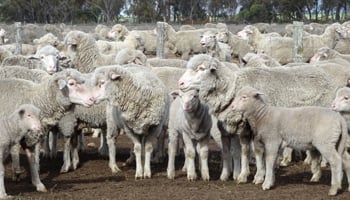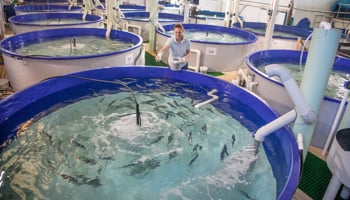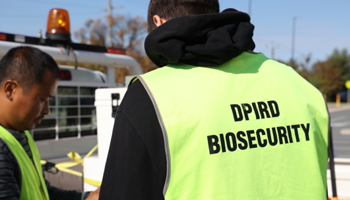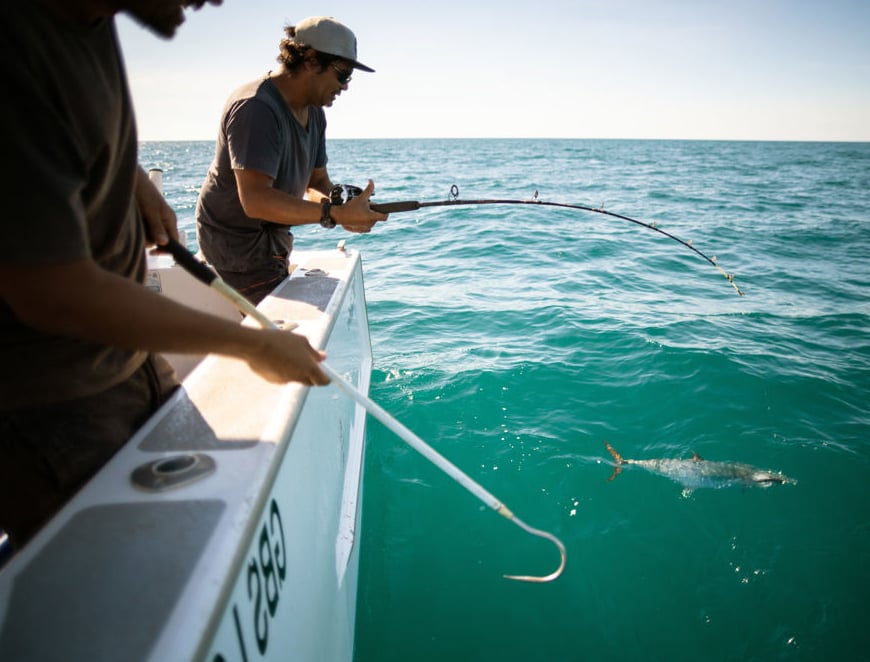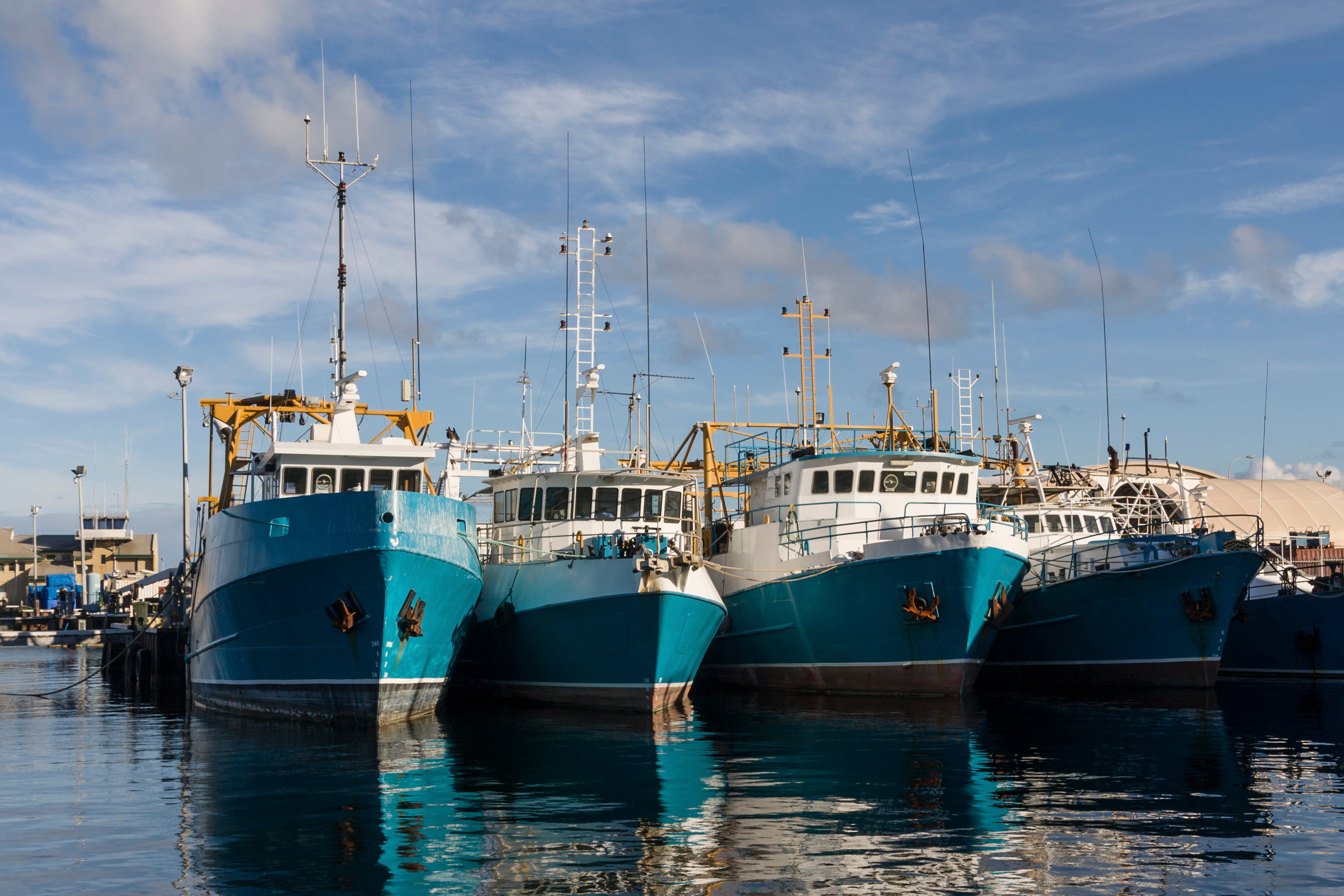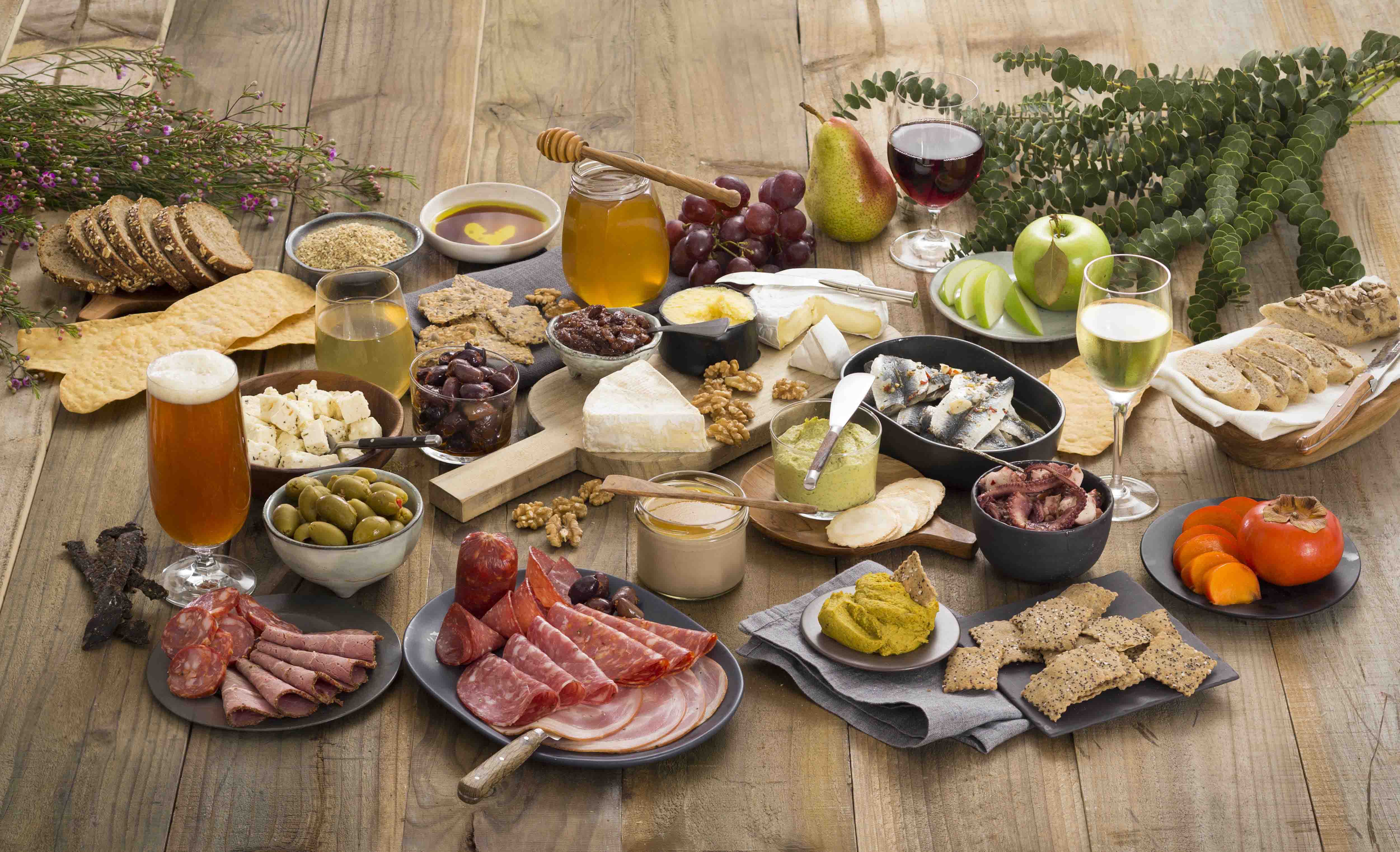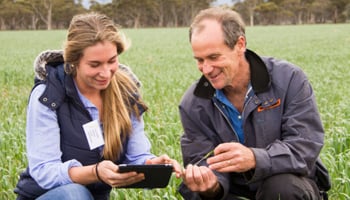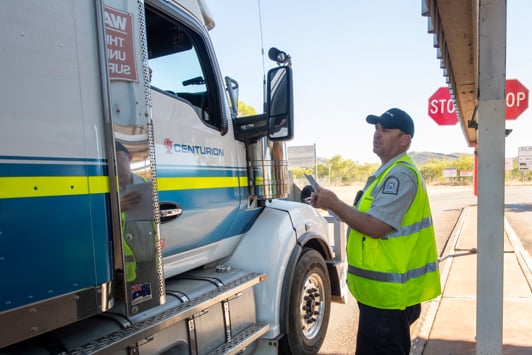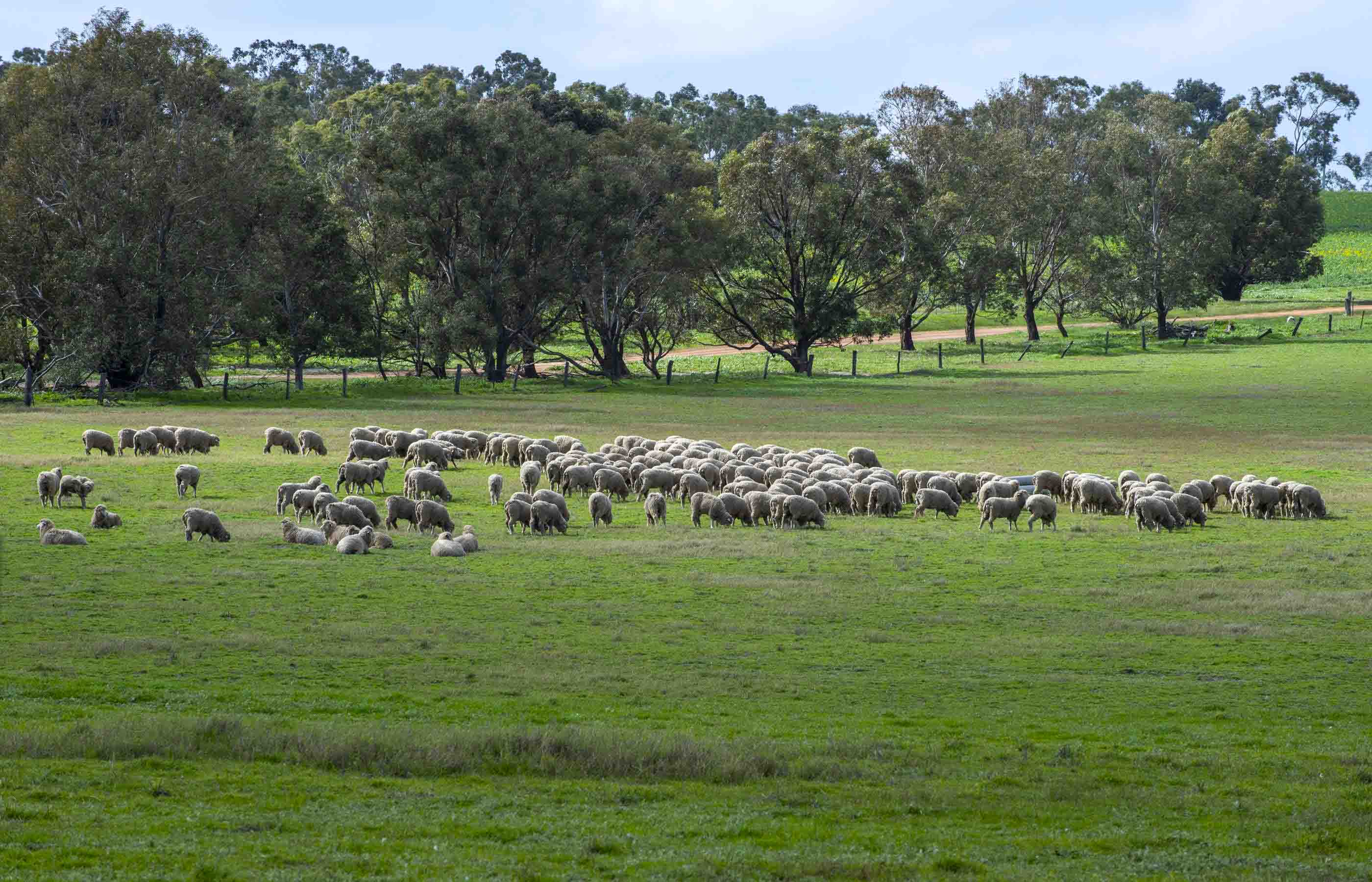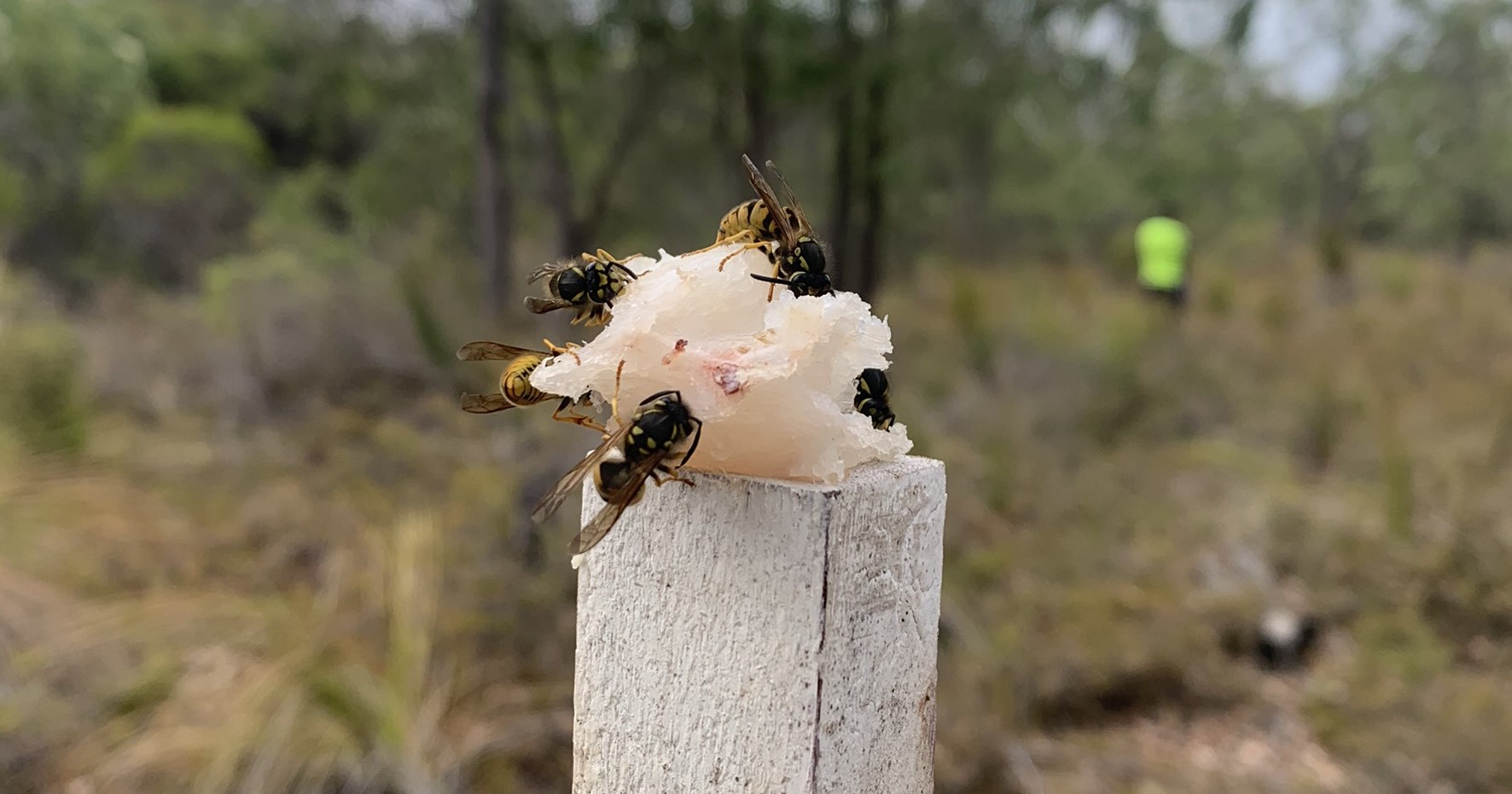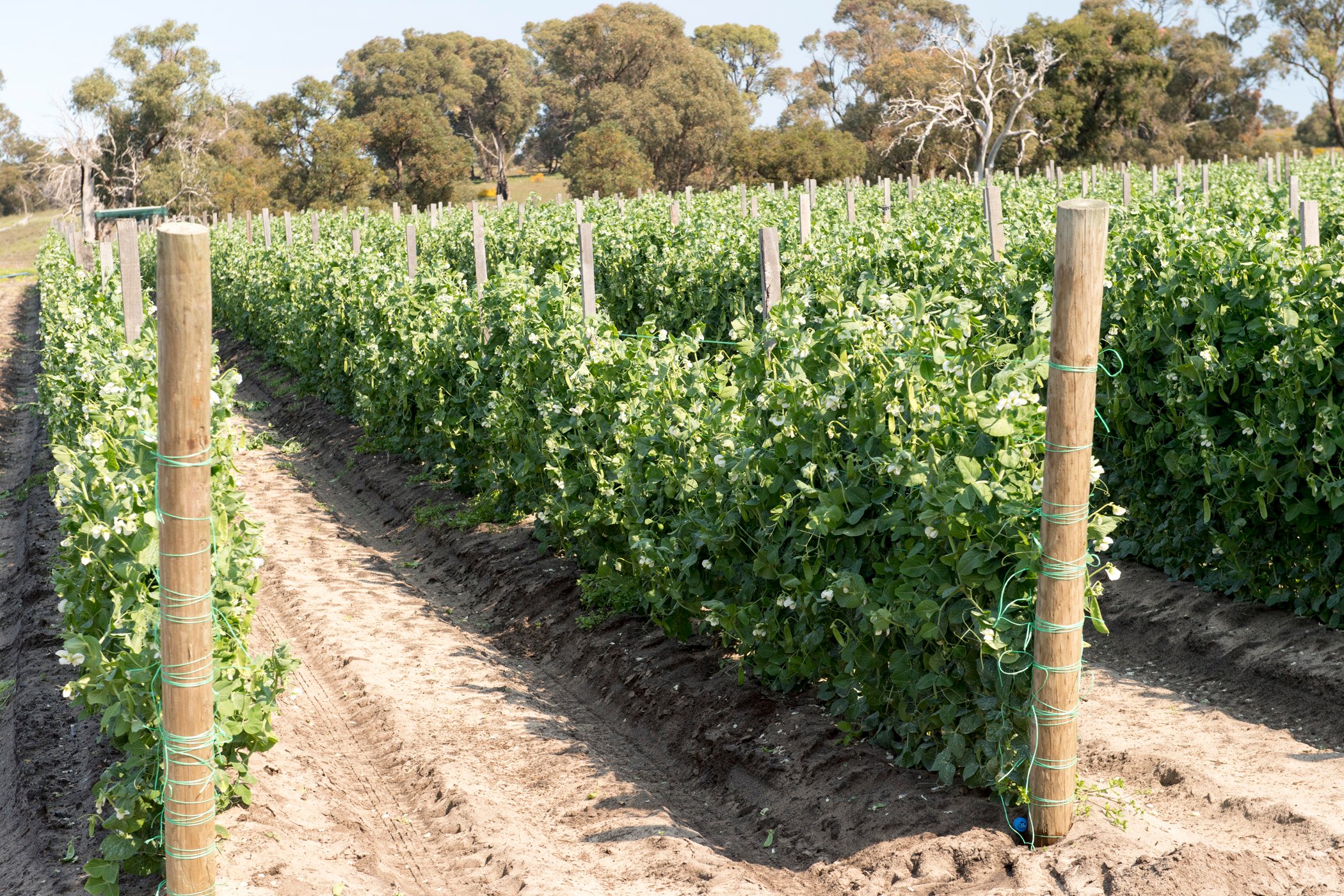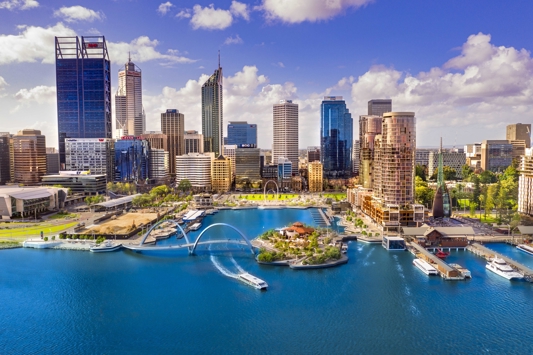-
Find out about animal welfare in emergencies, legislation, reporting cruelty and more.View more about Animal welfare
-
Aquaculture is the farming of marine and freshwater finfish, shellfish, aquatic plants, algae, and other organisms. It involves producing aquatic organisms under controlled conditions, rather than harvesting them from the wild.View more about Aquaculture
-
All persons keeping honey bees in Western Australia are legally required to register with the department.View more about Beekeeping
-
Biosecurity is the practice of managing the introduction, spread and impact of harmful weeds, pests and diseases on our community, our environment, and our industries.View more about Biosecurity
-
The charter boat fishing industry provides many Western Australians and visitors from interstate and overseas an opportunity to enjoy fishing activities via a guided tour.View more about Charter boat fishing
-
The department works with user groups and establishing industry partnerships to ensure Western Australia's fisheries will be in excellent health for future generations.View more about Commercial fishing
-
Western Australia is globally renowned for producing premium food and beverage products including seafood, dairy, fruit, vegetables, meat, livestock, grains, pulses, oilseeds, honey, truffles, wines and drinks.View more about Food and beverage
-
Information about grants, schemes, disaster recovery funding, and support programs available to assist Western Australians.View more about Grants and support
-
Australian states and territories have interstate quarantine regulations in place to control the movement of goods, which could carry and introduce pests and diseases.View more about Importing and exporting (Quarantine WA)
-
Resources to support farmers in managing cattle, sheep, pigs, goats and other livestock.View more about Livestock farming
-
The department offers a range of newsletters to stay informed with the latest research and seasonal information.View more about Newsletters
-
Invasive pests, weeds and diseases pose a serious risk for growers as they can damage our natural environment, destroy our agriculture and food production industries, and even change our way of life. This section covers invasive pests, weeds and diseases and is not an exhaustive list.View more about Pests, weeds and diseases
-
The department has significant investment in plant and crop research, and provides information to support WA growers and the State’s agriculture sector.View more about Plant and crop farming
-
Western Australia’s industry sectors produce a range of premium and clean seafood, dairy, fruit, vegetables, meat, livestock, aquaculture, grains, pulses, oilseeds, honey, processed foods, wines and beverages.View more about Trade and investment


